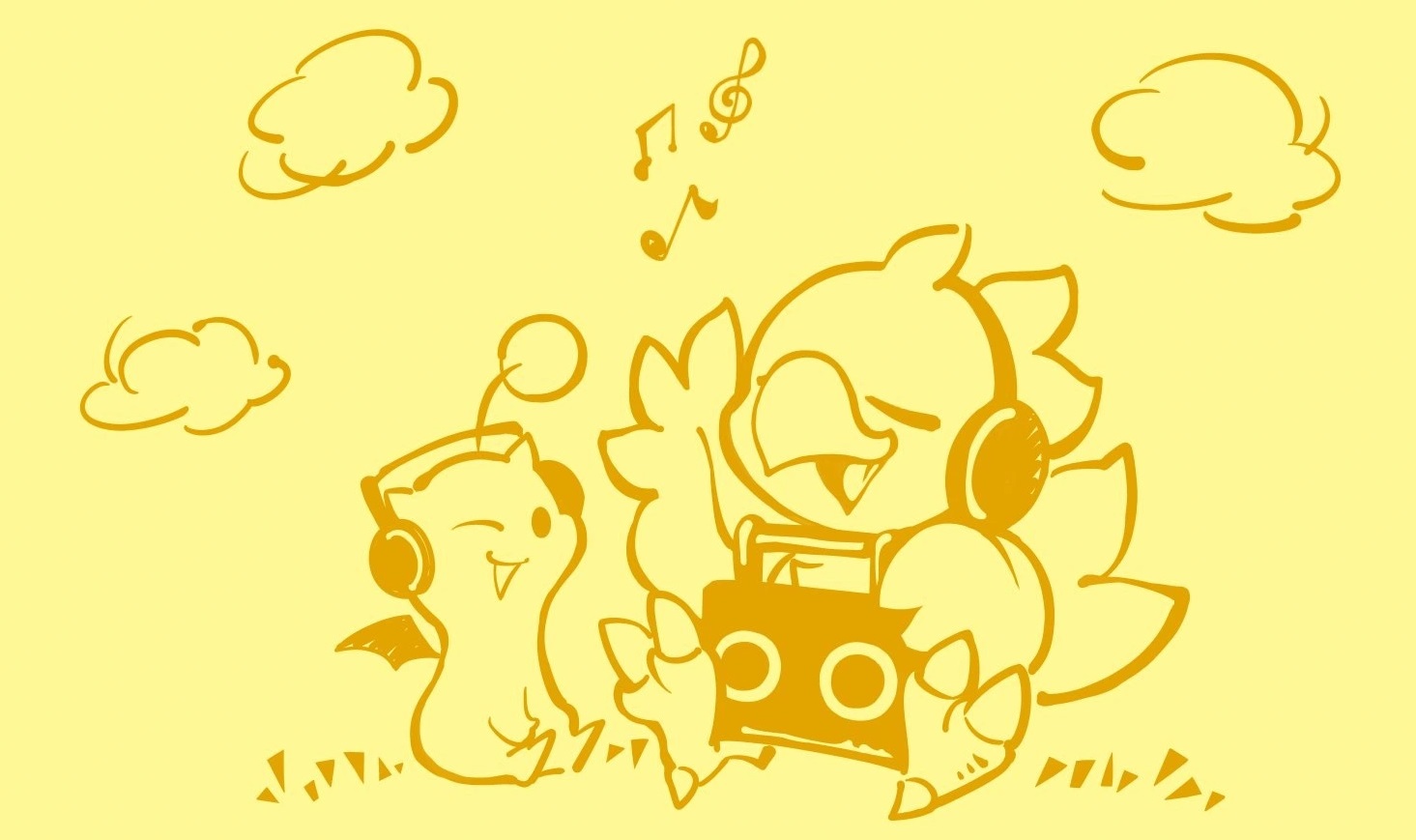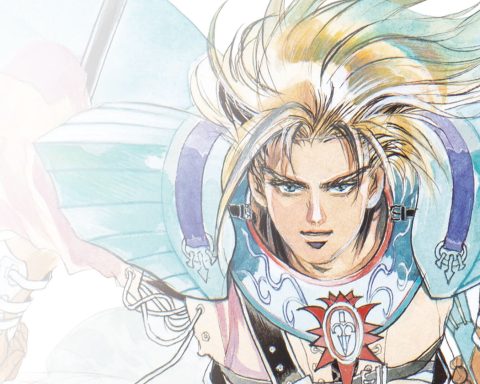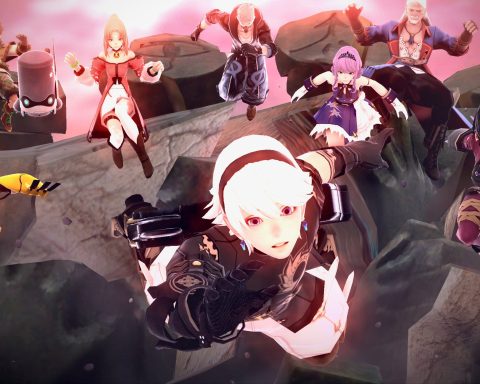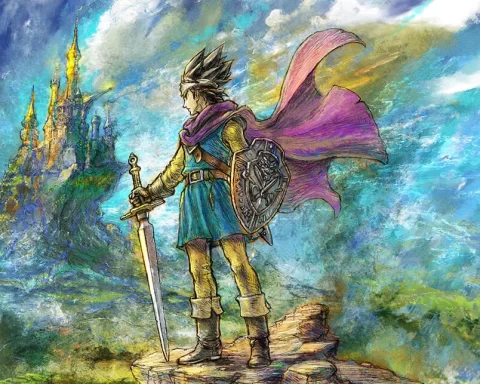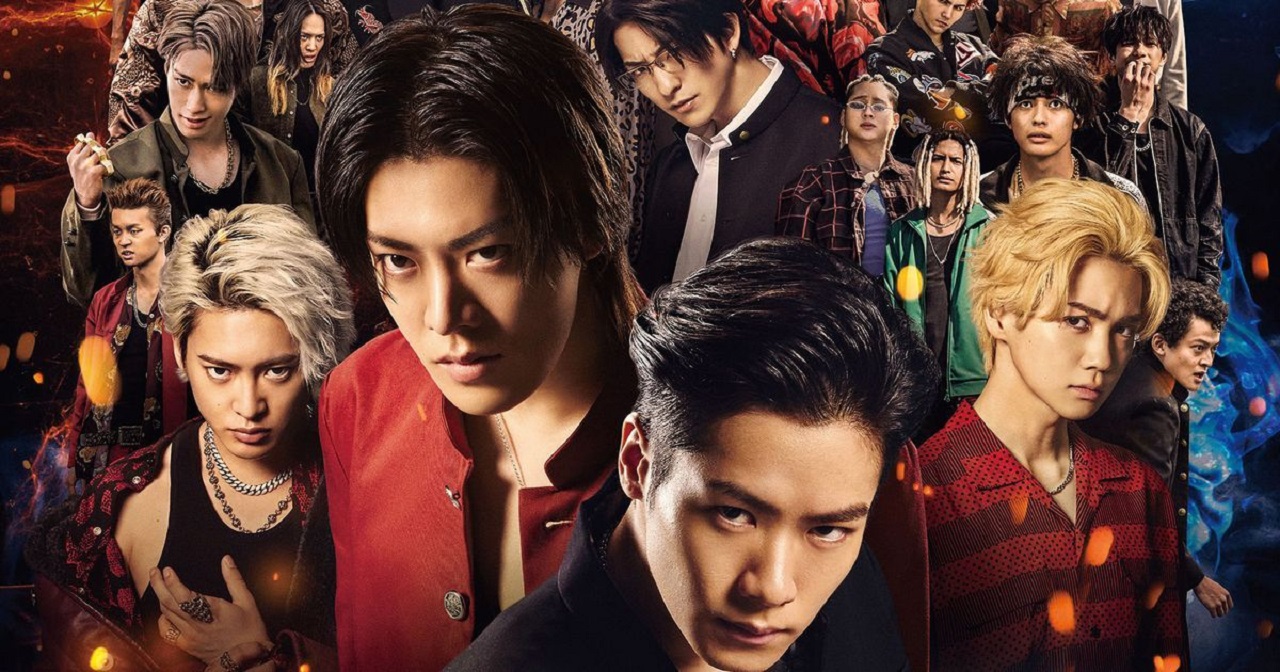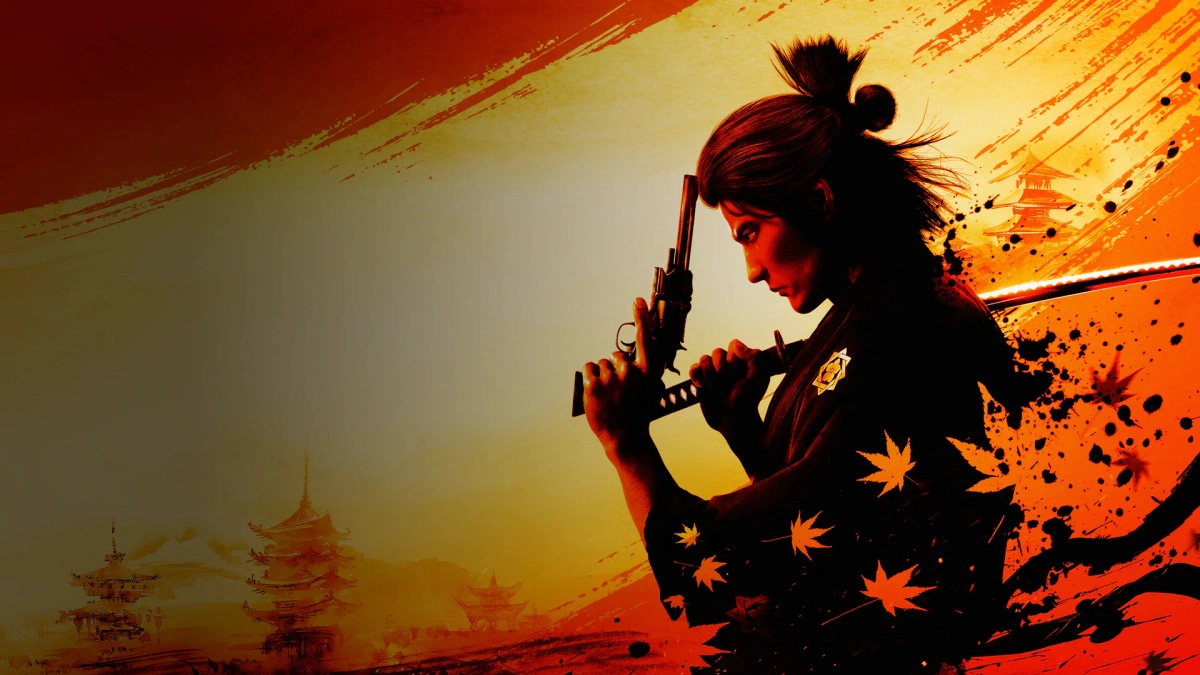With the release of Theatrhythm this week, I’ve found myself going through all my Final Fantasy CDs and setting up playlists on my iPhone. One of the reasons I love this series as much as I do is because of the music, so, while it’s fresh in my mind, I thought I’d list out all my favourite pieces of Final Fantasy music. These are of course just my personal picks, but if I were able to select the music list for a new Final Fantasy symphony tour, these are the tracks I would choose:
Good King Moggle Mog XII (FFXIV)
Good King Moggle Mog XII is a really good reason to keep playing Final Fantasy XIV until at least the end of the second expansion (Stormblood). This song is very Danny Elfman, and accompanies a battle that is very whimsical, Tim Burton-like thing. It’s my favourite moment in the whole game, because it’s colourful, cheerful, silly, and the perfect way to bring Moogles into the massive MMO world. I like Moogles. I named my first pet rabbit “Moogle”. I love this song (as anyone who tunes into the podcast regularly well knows). Final Fantasy XIV has a lot of amazing music in it, of course. It’s unfair to pick just one favourite, but the sheer character of Good King Mog, and the way it enhances my favourite side-story of all within the game, is what gets it over the line.
Cosmo Canyon (FFVII)
Final Fantasy VII has so much great music, but the earthy and ethereal beauty of Cosmo Canyon really helps it to stand out as the one that you’ll be humming at the end. It needed to be a good song. It is designed to accompany one of the highest impact moments of the game, where players learn some startling revelations, and given the relatively primitive graphics (and lack of voice acting), it really was down to the music to create the emotional context. Cosmo Canyon succeeded. Completely.
Terra’s Theme (FFVI)
Terra’s Theme is right up there with favourite uses of the flute in music, ever. This song had to do a lot of heavy lifting in a lot of different ways. It needed to set up the militarism that so pervades the setting. It also needed to establish Terra as a melancholic, tragic figure, and, as one of the first pieces of music in the game, it needed to settle players in for the biggest and most epic game available at that time. Somehow, Nobuo Uematsu managed to capture all of this and more, creating one of the most thematically complex pieces of music in Final Fantasy to date.
Main Theme (FFI)
In some ways, the main theme of Final Fantasy 1 has lost a little of its impact over the years. In other ways, however, it’s become an even more potent piece of music. It’s hard to conceive today, given how far along games have come, but that simple little cut scene featuring a band of heroes looking out over the castle, as they cross the bridge and embark on their quest, was a powerfully impactful scene back in the day. It promised a massive, world-changing adventure that few other games of the era had even come close to, and that soaring melody that played in the background was rousing and epic. These days, there are (many) more complex and powerfully orchestrated pieces of music in much bigger JRPGs, but the FF1 theme evokes a sense of nostalgia that series fans will recognise in just a few notes, and it will invariably send shivers down the spine. In this way the song continues to be one of the highlights in all of Final Fantasy.
Suteki Da Ne (FFX)
This is the most purely emotional song across all Final Fantasy games. Suteki Da Ne plays in the background of the most critical moment of Final Fantasy X. Yuna, wracked with doubt and fear over her quest, is comforted by the naïve but well-meaning Tidus. They then share a moment of intimacy (putting it bluntly: the entire cut scene is a visual metaphor for sex), and emerge, resolved and now deeply in love. The entire soul of Final Fantasy X hinges on this scene, and the delicate and fragile voice of singer, Riki, really drives it home for the audience.
The Promise (FFXIII)
Final Fantasy XIII will forever be a controversial game within the series for reasons I’ll never fully comprehend (it’s just a flat-out magnificent bit of art in my view), but there would be very few that question the quality of The Promise. Even the detractors have to acknowledge the genius of this piece of music. Final Fantasy XIII it a big blockbuster, filled with energy and scale. The simple and uncomplicated beauty of The Promise reminds is that underneath all those production values is a story about a group of people bound by fate to try to save the life of one sister, and get dragged into something that none of them wanted.
Aria Di Mezzo Carattere (FFVI)
Given the limitations of the SNES, it must have been a brave decision to put a full-on opera scene into Final Fantasy VI. An opera requires orchestras, singers and dancers, and the SNES wasn’t quite up to any of those three. But the development team forged ahead, and Uematsu turned his genius hand to writing this very different type of music. Not only was the end result an excellent, memorable scene within the game, but I would pay for tickets to go and see this turned into a full opera (please get on with that, Uematsu-san), and I really hope that one day Square Enix puts a lot of money into remaking FFVI, precisely because I want to see what could be achieved with that opera scene and the production values that we saw in the FFVII remake. I fully believe it would be incredible.
Theme Of Love (FFIV)
Final Fantasy IV is one of my favourite games of all time, and possibly the Final Fantasy that I have replayed the most (with the possible exception of FFI, which I have a tradition of replaying every second year or so). Despite that I don’t actually think it has the greatest soundtrack – at least, not in comparison to the other Final Fantasy games. The one exception to this is the tender, rousing Theme of Love. This is the song that underpins the relationship between Rosa, the white mage, and Cecil, the dark knight (later paladin). What I love most about this song is that it’s actually the first indication that we get that we’re not playing a bad guy, having been introduced to Cecil as he returns from a mission where he was compelled to do vile things for the king. Rosa says “you’re a good man, Cecil”, and the music makes it clear that he is indeed just that.
Man With The Machine Gun (FFVIII)
As you’ve probably noticed from the list, I haven’t listed many battle themes. I’m sure most people clicking on this list would have expected to see One Winged Angel is nothing else. The truth of it is that I prefer the soul of the overworld and cut scene music scores to the more up-tempo battle music – that’s not to say I don’t admire all the battle music, because I do. It’s just I prefer the other music. Man With The Machine Gun is the exception, though. This foot-tapping little rhythm sets such a great tempo for battles, while also being a useful way to distinguish the light-hearted charisma of Laguna and his stories from the more sombre and serious Squall.
Samba De Chocobo (FFIV)
One of the best things about Final Fantasy is how in every game, from Final Fantasy II onwards, there have been chocobos, and each time, the music team do a different riff on the base theme. I actually have a CD that is made up entirely of all these versions of the chocobo theme, and it’s one of my favourite CDs of all. Of all of the Chocobo music out there, I have to go with Final Fantasy IV’s samba-style Chocobo theme. The party rhythms of the samba pair beautifully with the energy of the chocobo theme, making for a piece of music that is pure joy. Just like the chocobos themselves.
And that’s my list! Now, it’s inevitable that everyone reading this article is going to have different tracks on their own, so please do list them out in the comments! Talking about Final Fantasy music is always good fun.

